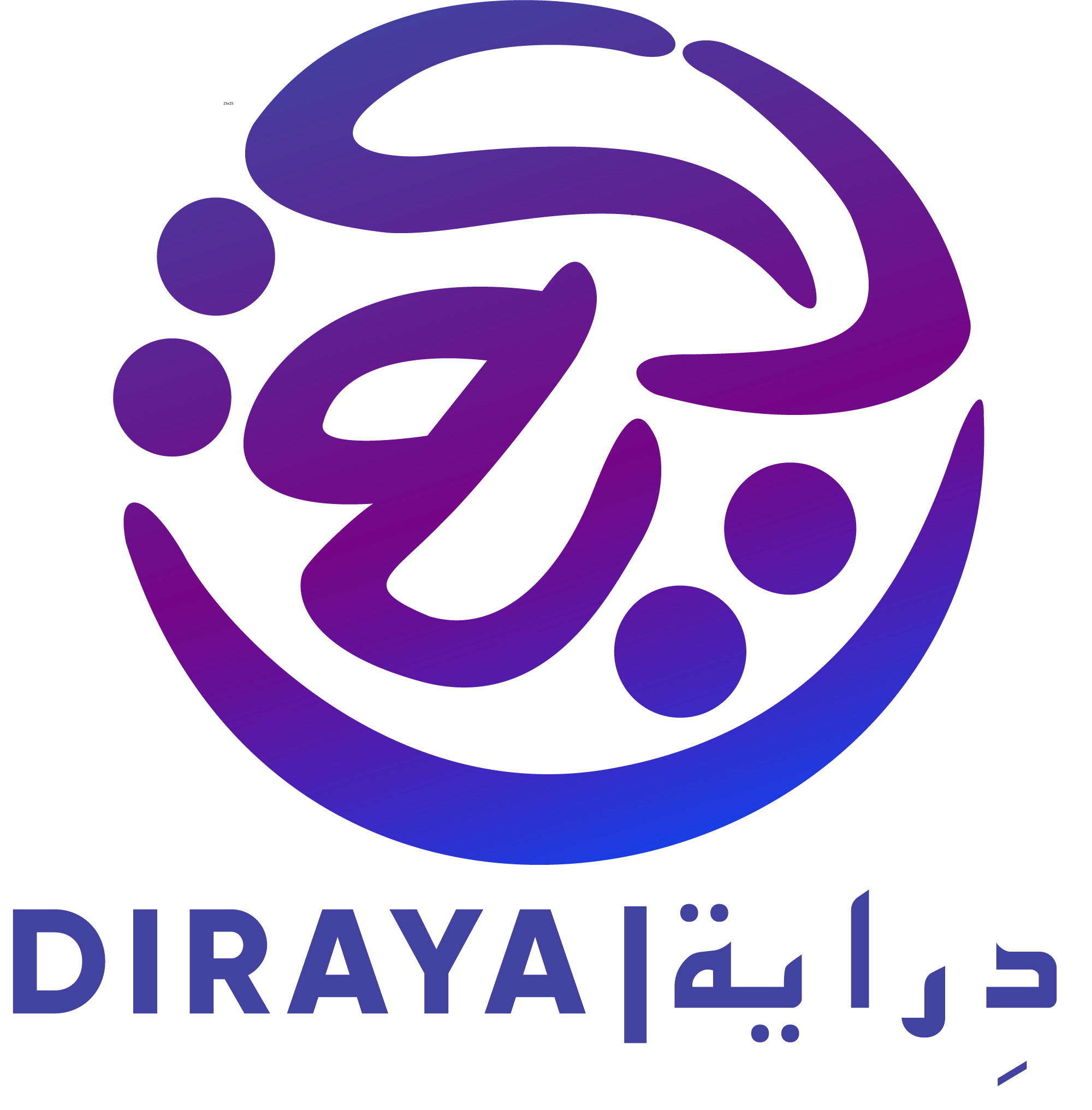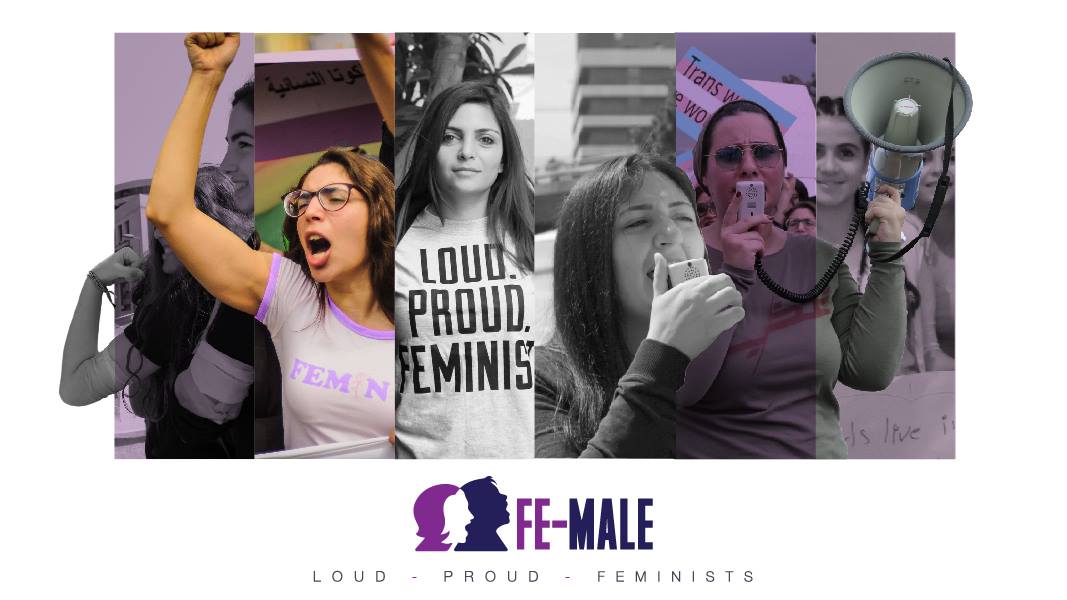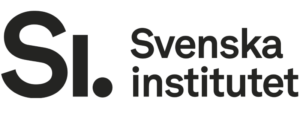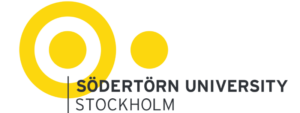If it is a campaign Fe-Male initiates, they produce the multimedia content and then decide on the platform based on the target audience. If it is a reactive campaign, the production and platform are different. For the “Sharika wa Laken” platform, the content produced for the website is not the same that is used on social media platforms. Even when it comes to social media platforms, they do not cross-post the same content. When it comes to the target audience, the medium is vital. For instance, when an issue is related to laws and the target audience is policymakers, they use traditional media (such as TV talk shows). On the other hand, if it is a reactive campaign and they want to affect public opinion, they use digital media to reach the Lebanese population. In recent years, political figures in Lebanon have taken up social media, especially Twitter, so Fe-Male shifted their strategy to tweeting at them directly.
Fe-Male’s approach aims to design each production to meet the campaign objectives, address current trends, and consider the audience. Alia adds that such an approach helps Fe-Male serve their community and stakeholders best by giving them the kind of media content they like to deliver the campaign message. Their media strategy is always shifting to accommodate their campaign needs.
When it comes to social media and community engagement management, Fe-Male spreads out their communication tasks to keep their accounts active all the time and they have a process for replies. Community engagement management for an NGO like Fe-Male is not an easy task, their social media channels need to be monitored and moderated around the clock especially when there is an active campaign or ad. This is why all the team members take shifts in moderating and replying to comments and mentions on different social media channels. To make that process smooth they divide the platforms and hours between each other and they keep a Q&A sheet, which they always update on how and what to reply. Additionally, fact-checking is required before (re)posting or sharing any information.
During the initial lockdown due to COVID-19 in Lebanon, Fe-Male contacted the Internal Security Forces (between February and March 2020) to check on the cyber-security of women and girls. They were informed that the cyber-crimes increased in general by 184% during the first months of the pandemic with hundreds of cyber-violence cases being reported each month by women and girls in Lebanon (Campaign Link). The challenge was that there was no public data or research to be used, so they had to collect the data themselves. They also wanted to simultaneously raise awareness and provide women and girls with cyber-security tools to protect themselves.
The campaign message proclaimed that women and girls have the right to participate equally on digital platforms and to do so safely. The data Fe-Male collected showed that young women and girls aged 12 to 26 were affected in the majority of cyber-violence cases, with 68% of all cases reported by women and girls. Based on this target audience, they did research and found that the best platforms to reach young women and girls are TikTok and Instagram (so Fe-Male produced a 40-second dance video), and Facebook to reach older women (so they did a 1-minute promo video).
The content production and platform was different to effectively reach different audiences facing the same problem. Fe-Male also used a media strategy to create a buzz without contacting the media. To do this, they collaborated with influencers to use their hashtag (#الشاشة_ما_بتحمي #ScreensDoNotProtect) on the same day. As a result, the campaign started trending, and afterwards the media contacted them to be on talk shows. They have seen a change in the behavior of some women and girls, as there are now those who reported to them when they are victims of cybercrime. Last year, they received two reports of cyber crimes against women and girls, but after the campaign, Fe-Male now gets over 20 messages per day (more info).





 Alia has been working with national and international civil society organizations (ABAAD, ILO, Oxfam, etc.) for 15 years. After completing an MA in Journalism, she started as a freelance reporter in
Alia has been working with national and international civil society organizations (ABAAD, ILO, Oxfam, etc.) for 15 years. After completing an MA in Journalism, she started as a freelance reporter in 






